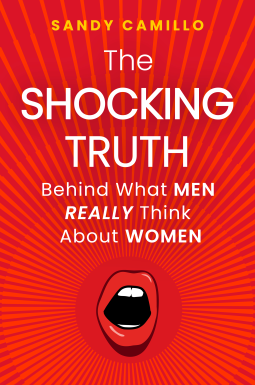Today, Yuval Noah Harari launched his third book, 21 Lessons for the 21st Century. Although it’s weaker than his first two books (Sapiens and Homo Deus), it’s still excellent and worth reading.
It seems that no other historian spends more time talking about the future than Harari. He should change the Historian label for the Futurist title.
The 21 lessons are organized into 5 parts.
Instead of repeating the 21 chapter titles (which are coyer than descriptive), I’ll succinctly summarize the takeaway from the chapter.
Here’s a teaser of what Harari’s 21 lessons are:
Part I: The Technological Challenge: Is the biggest challenge humanity has ever faced.
1. Disillusionment: The end of history has been postponed (i.e., Liberalism can’t declare victory yet).
2. Work: AI and robotics will displace millions of jobs. Universal Basic Income (UBI) may turn us into contemplating creatures.
3. Liberty: Digital dictatorships, fed by Big Data algorithms, may become the kings of the 21st century.
4. Equality: Just like Big Data algorithms may end our liberty, they may also create the most unequal society since the Middle Ages. How do we regulate the ownership of data?
Part II: The Political Challenge: We must overcome our tribalism.
5. Community: Polarized society and community breakdown is something that social media isn’t helping.
6. Civilization: The global village has arrived.
7. Nationalism: It’s a backlash against globalization and is a harmful distraction; we can’t deglobalize.
8. Religion: Faith a problem, not a solution.
9. Immigration: The EU must set the example on how to integrate immigrants if we are to continue to harness the positive power of immigration.
Part III: Despair and Hope: Keep our fears under control and be humbler.
10. Terrorism: We overestimate the danger terrorists pose but that could change if they get hold of real WMDs.
11. War: It’s possible that it may engulf the world again.
12. Humility: A must-read chapter about how we all vastly overestimate our importance and the importance of our tribe.
13. God: Doesn’t exist.
14. Secularism: Holds the key to progress.
Part IV: Truth: How to not fall for fake news.
15. Ignorance: We are still ignorant—and that’s OK.
16. Justice: Minorities, gender, LGBT, and animal rights will continue to evolve.
17. Post-truth: Pay for reliable news and read scientific literature.
18. Science Fiction: Don’t confuse intelligence with consciousness.
Part V: Resilience: How to live in the Age of Bewilderment.
19. Education: We are hacking humans and our education system isn’t ready for it.
20. Meaning: You must observe suffering and exploring it for what it is.
21: Meditation: You should meditate.
Verdict
Although Harari tries to tie these 21 ideas together, the book feels more like 21 essays rather than a coherent book like his two previous tomes. At times, it feels like a bit of a ramble.
Still, that doesn’t mean it’s not worth reading.
Harari is always worth reading.
I was hoping that this book would top his best book, Homo Deus, but it doesn’t.
VERDICT: 9/10.





